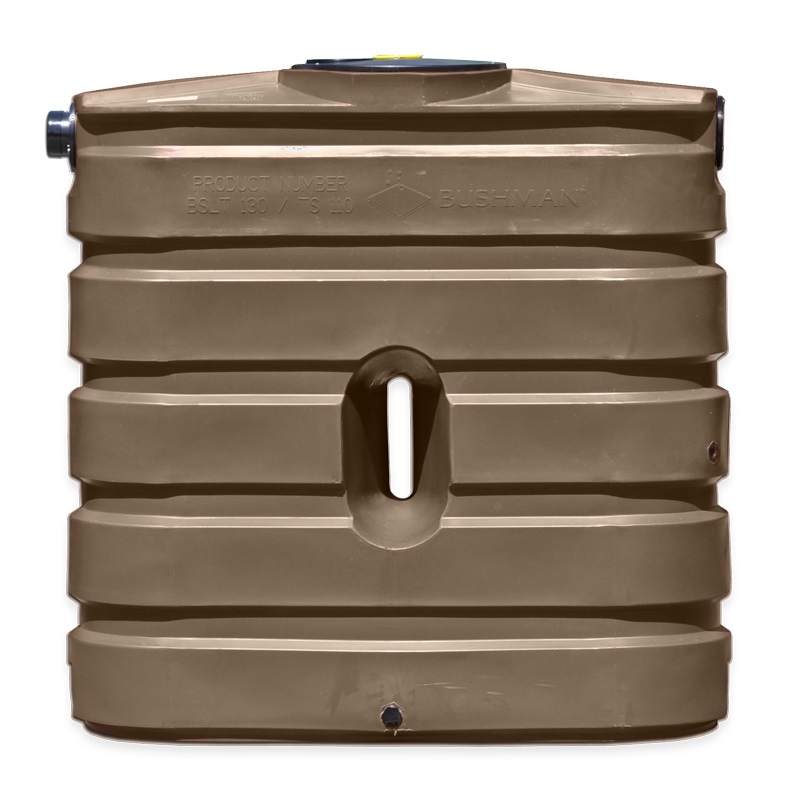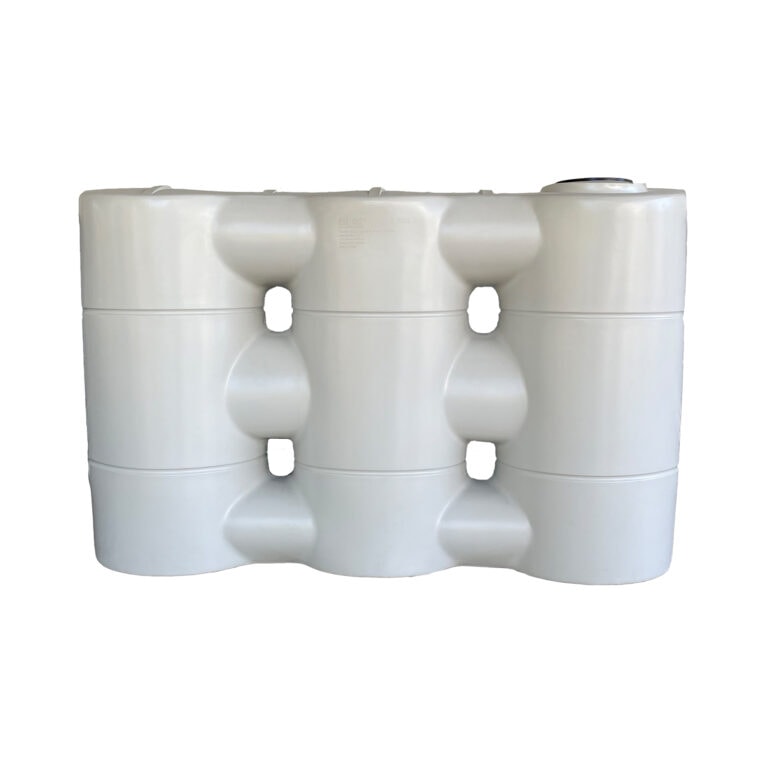Cost Effective Slimline Water Tanks: Optimize Your Rainwater Harvesting
Cost Effective Slimline Water Tanks: Optimize Your Rainwater Harvesting
Blog Article
Revealing the Advantages of Rainwater Tanks in Decreasing Water Expenses and Ecological Impact
In a globe where sustainability and cost-efficiency are progressively crucial, the application of rainwater tanks presents a sensible and environmentally conscious service. The advantages of integrating rain storage tanks right into domestic or commercial buildings expand beyond mere water expense decreases. By discovering the complex advantages of such systems, one can uncover a wealth of understandings into how they add to a more lasting future while favorably influencing both financial resources and the atmosphere.
Cost Savings With Rain Tanks
When thinking about the execution of rain containers, substantial expense financial savings can be attained via effective water administration methods. Rain collecting supplies a lasting option that not just lowers water costs yet likewise lessens the stress on local water resources. By recording and saving rain for different non-potable usages such as watering, bathroom flushing, and laundry, houses and companies can considerably decrease their dependence on treated water from the grid, bring about substantial cost savings gradually.
Among the primary cost-saving advantages of rain containers is the decrease in water energy costs. By using harvested rain for tasks that do not require drinkable water, such as watering gardens or washing cars and trucks, individuals can reduce their total water consumption from the mains supply, causing lowered water bills. In addition, rainwater storage tanks can help alleviate the effect of water restrictions or dry spells by offering a different water source for essential tasks, guaranteeing connection in supply of water without sustaining extreme expenses. Overall, purchasing rainwater tanks can lead to long-term financial savings while advertising water preservation and sustainability.

Ecological Influence Reduction
Carrying out rainwater storage tanks not only leads to expense savings but likewise contributes substantially to decreasing the environmental effect connected with water usage. By capturing rainwater that would certainly otherwise run off right into tornado drains pipes, rain tanks assist ease stress on standard water resources like rivers and storage tanks. This decreased need for municipally treated water results in power financial savings and a decline in the carbon impact connected with water therapy and circulation processes.
Additionally, using rainwater for activities such as gardening, irrigation, and washing decreases the need for making use of treated water for non-potable functions. This conservation of drinkable water aids in preserving water resources for important usages and minimizes the energy-intensive procedures involved in treating water to satisfy drinking requirements.

Water Costs Decrease Advantages
The setup of rain storage tanks offers considerable economic advantages with reductions in water costs. By gathering and storing rain for different home uses, such as watering gardens, flushing bathrooms, or doing washing, property owners can substantially decrease their reliance on the local supply of water. This, subsequently, results in a visible decrease in water consumption from conventional resources, causing lower water costs at the end of each payment cycle.
Rain is a totally free and lasting source that can supplement and even change the demand for utilizing treated water for non-potable purposes. Because of this, houses with rainwater tanks can see a significant reduction in their overall water costs click to read gradually. Additionally, throughout durations of water restrictions or drought, having a rainwater storage tank can supply an important different water resource, further minimizing the dependence on pricey municipal water materials.
Basically, purchasing a rainwater tank not only adds to ecological preservation yet also supplies concrete monetary advantages by decreasing water bills and advertising lasting cost savings for house owners.
Lasting Water Administration Solutions
Given the economic benefits and lowered dependence on local water products that rainwater tanks supply, discovering sustainable water monitoring options comes to be a rational next step for house owners looking to maximize their water usage. Lasting water administration involves carrying out methods that effectively and responsibly utilize water resources while minimizing wastage and ecological effect. Rain harvesting, which includes gathering and keeping rainwater for later use, is a crucial element of sustainable water administration. By using rainwater containers to catch and keep rain, house owners can lower their dependence on typical water sources, such as community supplies or groundwater, therefore adding to water preservation initiatives.

Along with rainwater harvesting, sustainable water administration options might include applying water-efficient appliances, fixtures, and landscape design techniques - Slimline water tanks. Mounting low-flow commodes, showerheads, and taps can dramatically lower water usage within families. click this site Additionally, including drought-resistant plants and utilizing wise irrigation systems can aid lessen water use for outdoor landscape design. By adopting these sustainable water management strategies, homeowners can not just optimize their water usage yet additionally add to ecological conservation and lower their water costs over time.
Community Water Source Conservation

Additionally, community involvement can encompass the implementation of water-saving modern technologies and methods on a larger range. Encouraging the adoption of rainwater containers, greywater recycling systems, and effective irrigation approaches within communities can bring about substantial reductions in water consumption. Furthermore, promoting a sense of collective obligation for water preservation can promote sustainable behaviors and methods amongst neighborhood participants.
Furthermore, neighborhood water source conservation initiatives can lead the way for stronger bonds among residents and a shared dedication to environmental stewardship. By functioning with each other to shield and maintain water sources, areas can add considerably to a more lasting and durable future.
Verdict
Finally, rain storage tanks use significant expense financial savings, environmental benefits, and add to sustainable water administration remedies. By decreasing water expenses, saving water resources, and lessening environmental influence, rain containers play a Recommended Reading crucial role in promoting water preservation and sustainability - Slimline water tanks. Their execution not only benefits private houses but likewise contributes to the wider goal of neighborhood water resource management and preservation
Report this page